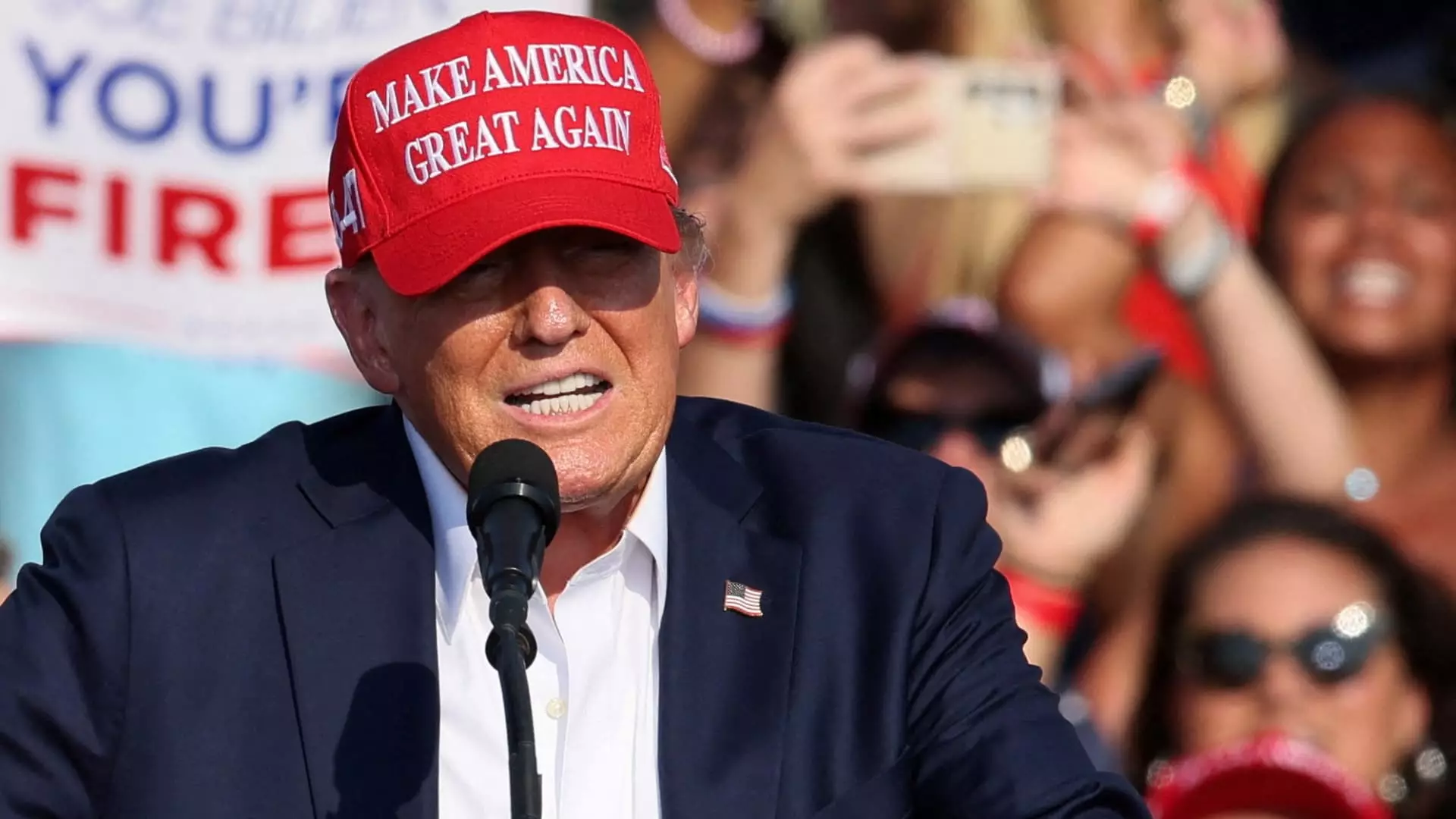In a recent interview, former U.S. President Donald Trump made a controversial statement suggesting that Taiwan should pay the U.S. for defense services. This assertion raises questions about the nature of international defense agreements and the responsibilities of each party involved.
Understanding the Global Chip Industry
Trump’s comments also touched on Taiwan’s semiconductor industry, highlighting its dominance in the global market. Taiwan Semiconductor Manufacturing Co. (TSMC) is a key player in semiconductor manufacturing, producing chips for major American tech companies. The reliance on Taiwan for advanced chip production has become a point of concern for many, especially in light of potential geopolitical tensions.
The Geopolitical Implications
There is a growing fear about the concentration of chip manufacturing in Taiwan and the potential risks associated with it. The possibility of a Chinese invasion of Taiwan poses significant threats to global supply chains, particularly in the technology sector. TSMC Chair Mark Liu’s warning about the company’s operations becoming “not operable” in the event of an invasion underscores the vulnerabilities of the current setup.
Trump’s remarks bring into question the dynamics of the U.S.-Taiwan relationship. Advocating for Taiwan to pay for defense services could strain the diplomatic ties between the two nations. The historical support of the U.S. for Taiwan’s security and sovereignty may be undermined by such demands, potentially altering the balance of power in the region.
As the global landscape continues to evolve, it is essential to reevaluate defense agreements and economic dependencies. Calls for reshoring manufacturing and reducing reliance on a single country for critical supplies like semiconductors are gaining momentum. Building resilience in supply chains and fostering international cooperation are essential for ensuring stability in a rapidly changing world.
The idea of Taiwan paying the U.S. for defense services raises significant challenges and implications for both countries. It is crucial to approach defense agreements and economic partnerships with careful consideration of the broader geopolitical context and long-term consequences. Collaboration and strategic planning are key to addressing the complex issues facing the global community today.


Leave a Reply